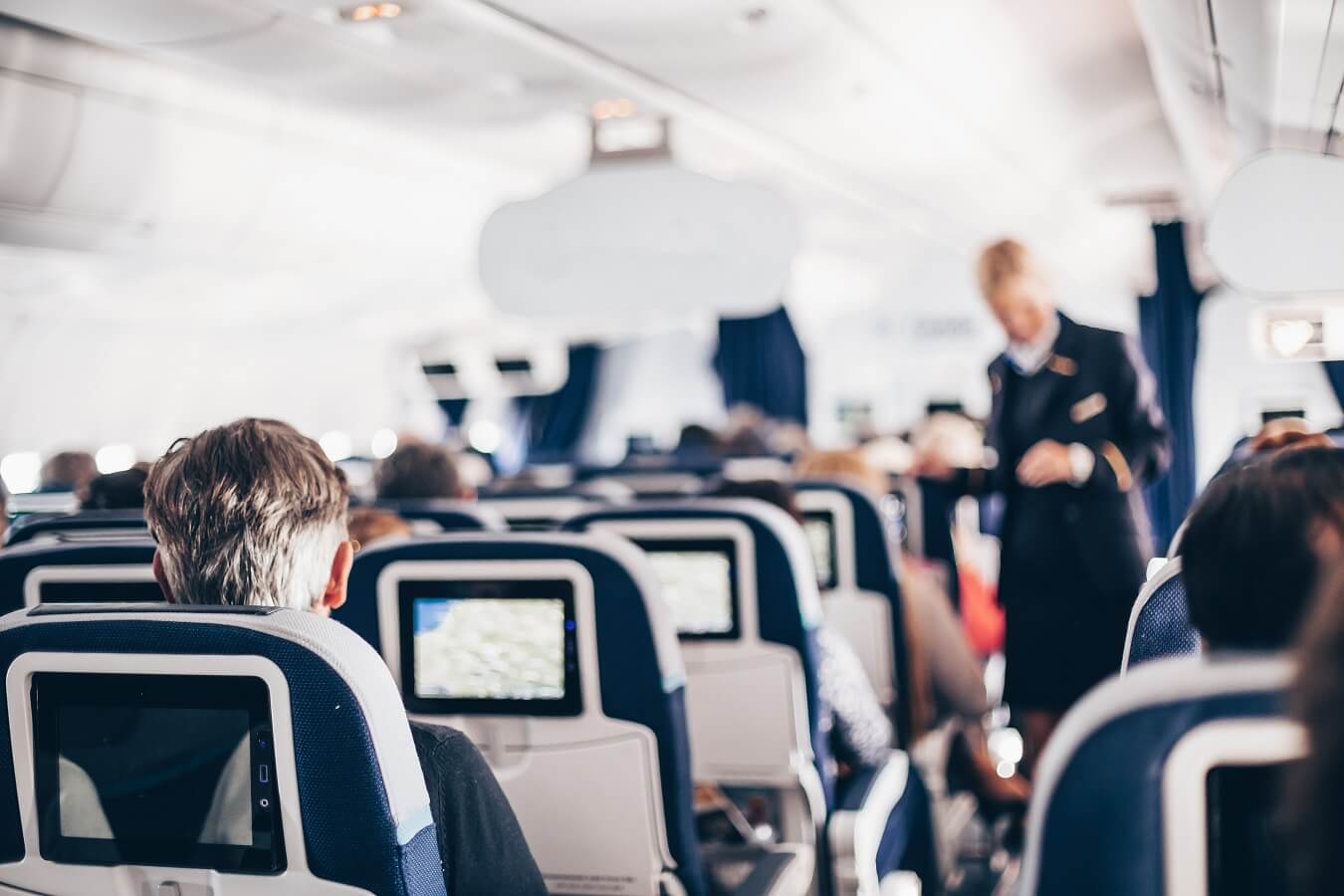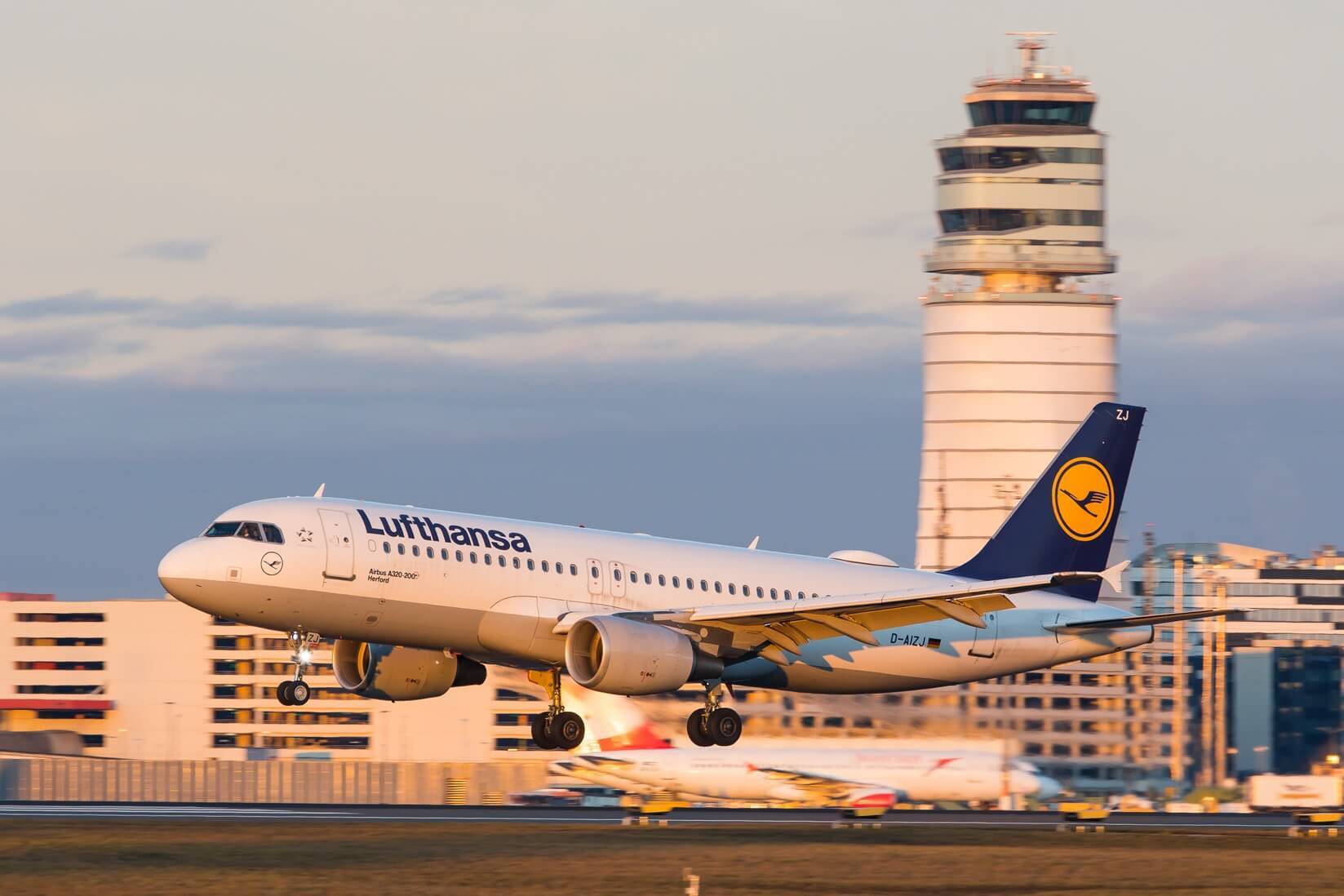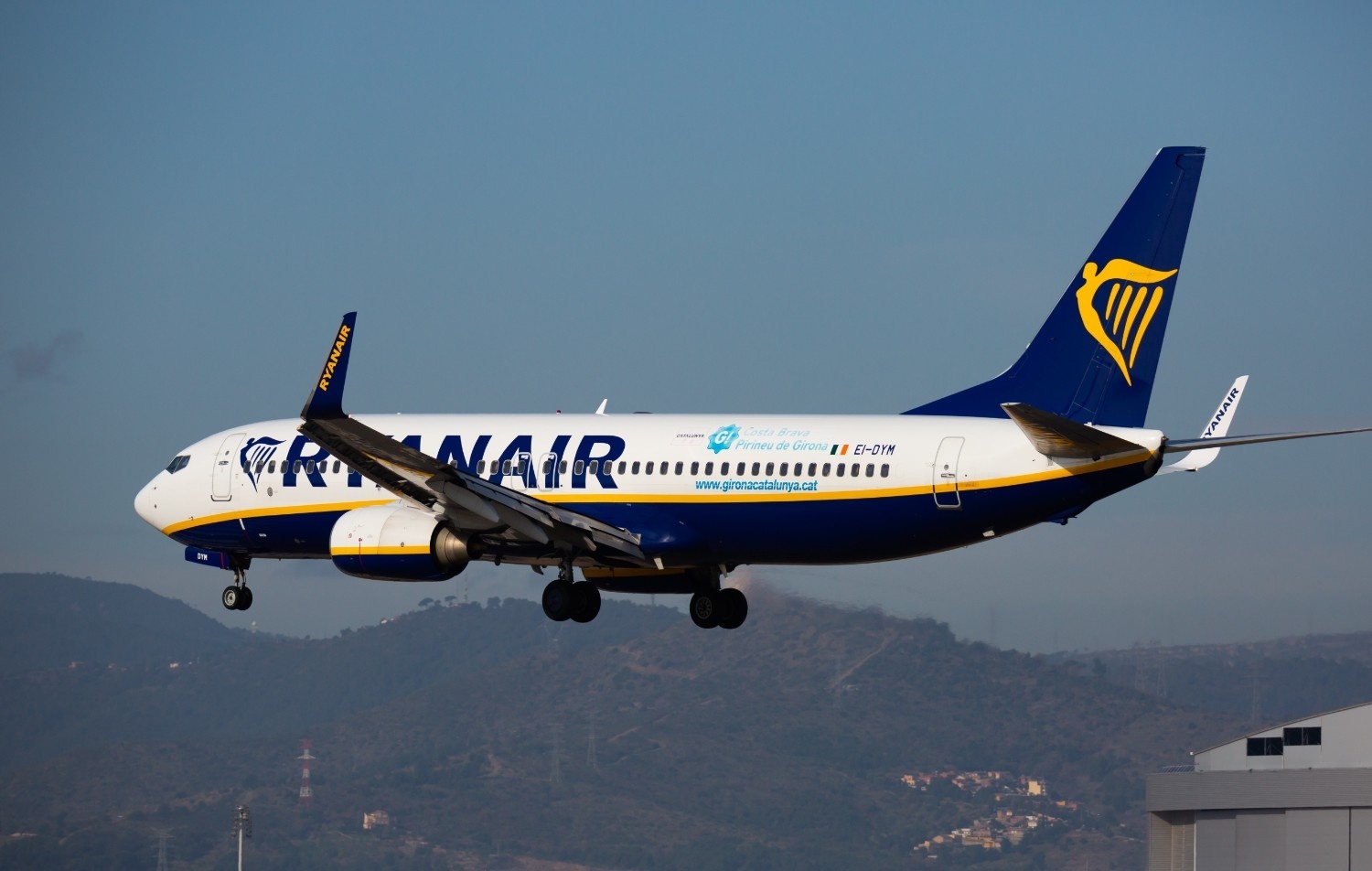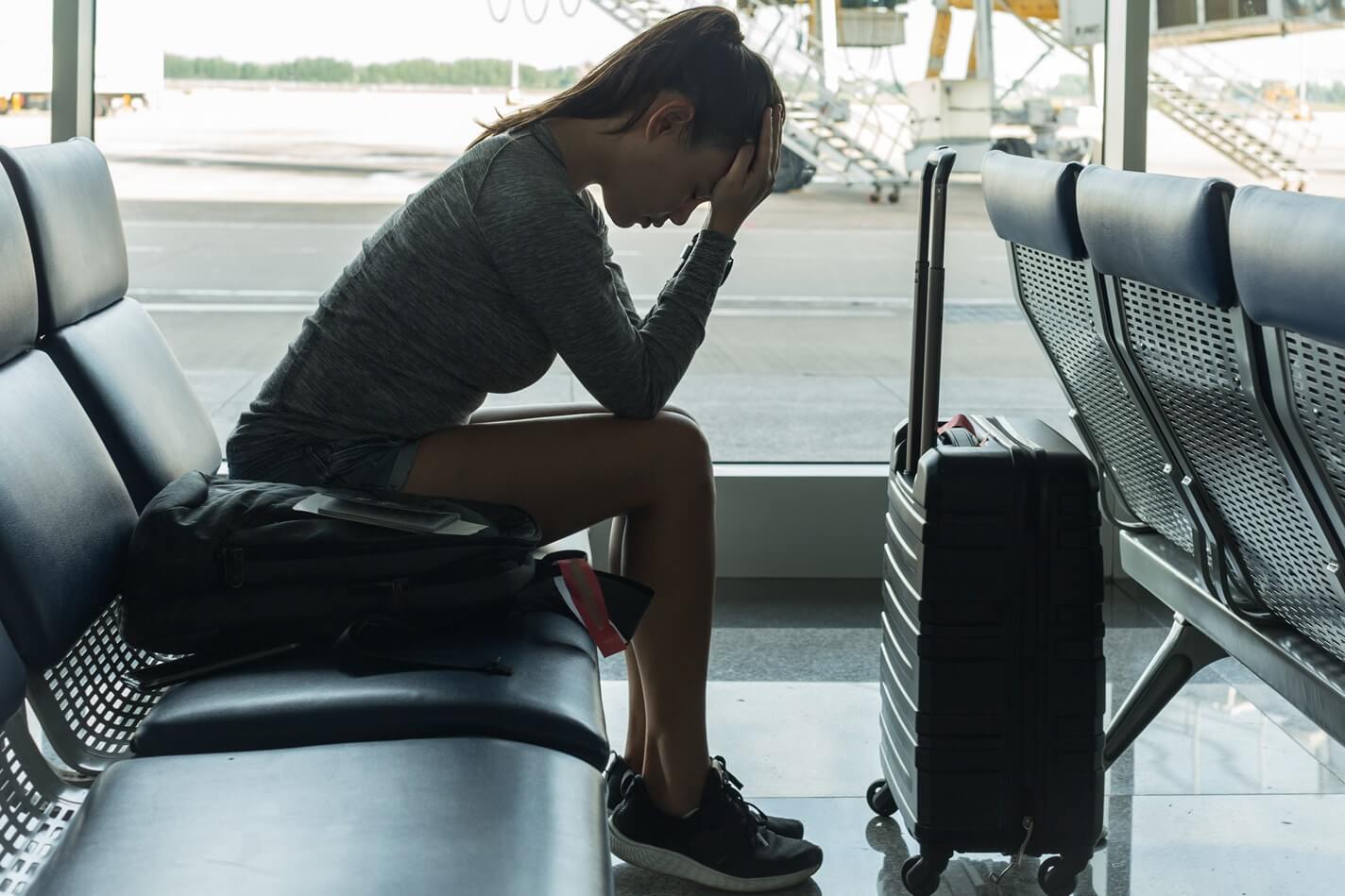Business class passenger calls cabin crew 'waiter' incident

The realm of air travel is a unique fusion of cultures, personalities, and expectations, often creating an intriguing microcosm of social dynamics. Recently, an incident aboard an American Airlines flight brought to light a curious case of airline etiquette when a business class passenger referred to a cabin crew member as a "waiter." This seemingly innocuous event has sparked discussions about the evolving perceptions of luxury, service, and passenger interactions within the aviation industry.
The incident with a flight attendant
On a routine flight from New York to London, an unexpected episode unfolded high above the Atlantic Ocean. A passenger seated in the business class section, known for its enhanced amenities and premium service, summoned a cabin crew member with a simple yet unconventional request: "Could you come here, waiter?" While the passenger's intention may have been benign, the phrasing drew attention to a broader issue of how passengers perceive and engage with flight attendants.
Traditionally, passengers have addressed cabin crew members as "flight attendants" or by their names, showing respect for the diverse responsibilities these professionals handle onboard. The term "waiter" carries distinct connotations associated with restaurants, highlighting a contrast between the ground-based dining experience and the unique challenges of serving in the skies.
In recent years, the airline industry has made significant strides in redefining the in-flight experience, particularly in premium classes. Business and first-class cabins now mirror luxury hotels and fine dining establishments, complete with gourmet meals, personalized service, and lavish amenities. However, this evolution has led to a blurring of boundaries between the role of flight attendants and traditional hospitality staff, prompting the question: Is referring to a cabin crew member as a "waiter" a symptom of misguided expectations or a legitimate expression of the new airline luxury?
The human aspect of air travel
Air travel is an intricate dance of human interactions, where passengers and crew navigate confined spaces, differing cultures, and individual preferences. The incident on the American Airlines flight shines a light on the importance of clear communication and mutual respect between passengers and cabin crew. While airlines strive to offer unparalleled comfort and service, it is equally vital for passengers to appreciate the distinct challenges of the aviation environment.
The incident presents an opportunity for airlines to enhance passenger education about the roles and responsibilities of cabin crew members. By creating open dialogues and highlighting the multifaceted nature of their work, airlines can foster a deeper understanding of the complex logistics involved in ensuring a safe and pleasant flight.
Furthermore, passengers can play an active role in shaping the future of air travel etiquette. Simple gestures, such as addressing cabin crew members by their titles or names, can contribute to a culture of respect and professionalism. Recognizing the nuances of service delivery at 35,000 feet fosters an environment where both passengers and crew can collaborate to make air travel a seamless and enjoyable experience for all.
The incident aboard the American Airlines flight serves as a captivating reminder that the world of aviation is far more than a means of transportation; it is a convergence of diverse perspectives and expectations. As airlines continue to redefine luxury and service, passengers and crew alike must navigate this ever-evolving landscape with a blend of empathy, respect, and clear communication. Ultimately, a shared commitment to understanding and collaboration will propel the aviation industry toward new heights of excellence.
Latest posts
Flight delays and cancellations in July 2025
Check which flights were delayed in July 2025 – you may still be entitled to claim up to 600 € in compensation.
Flight cancellations and delays in March 2024
Check which flights were delayed in March 2024 – you may still be entitled to claim up to 600 € in compensation.
Flight cancellations and delays in February 2024
Check which flights were delayed in February 2024 – you may still be entitled to claim up to 600 € in compensation.












